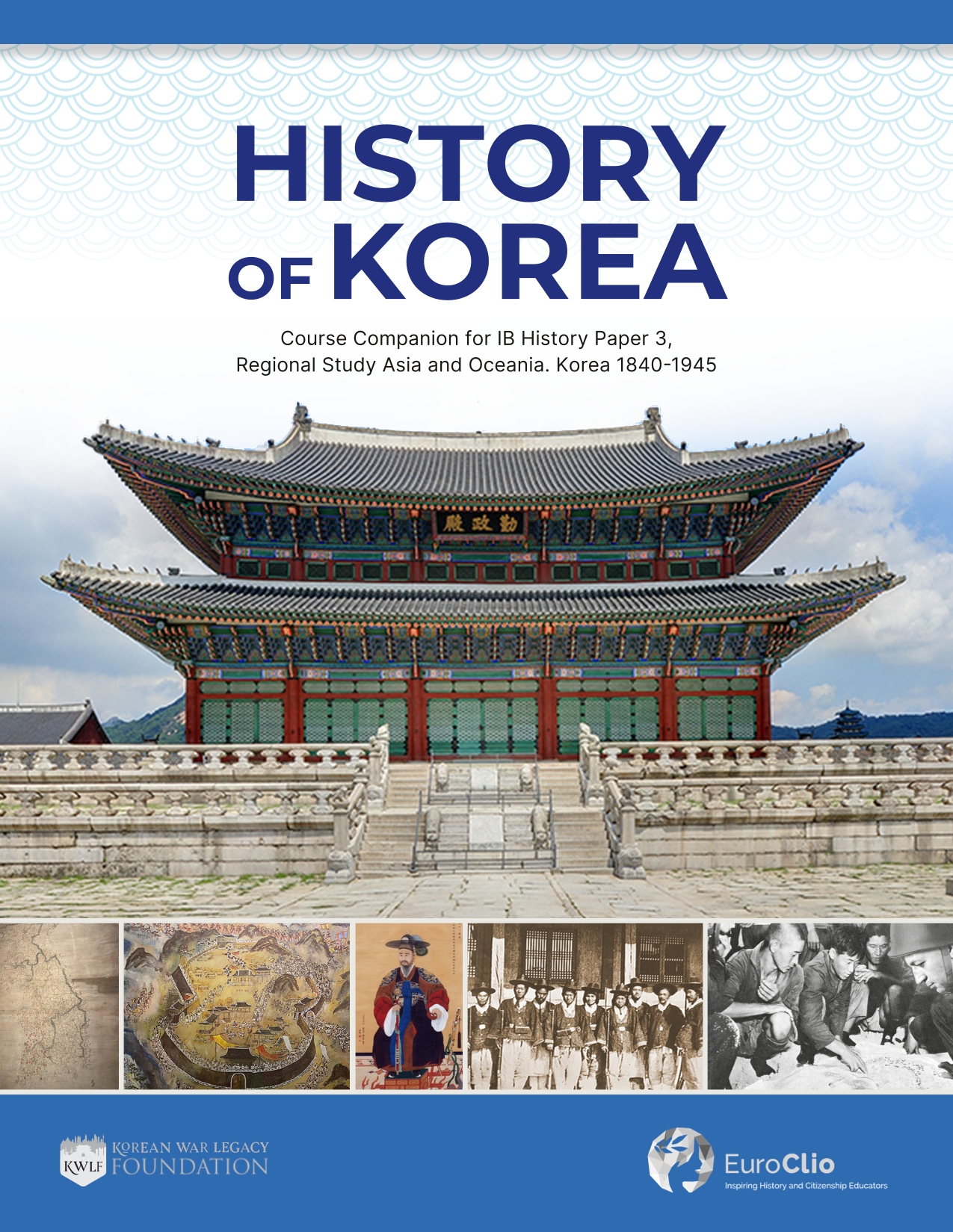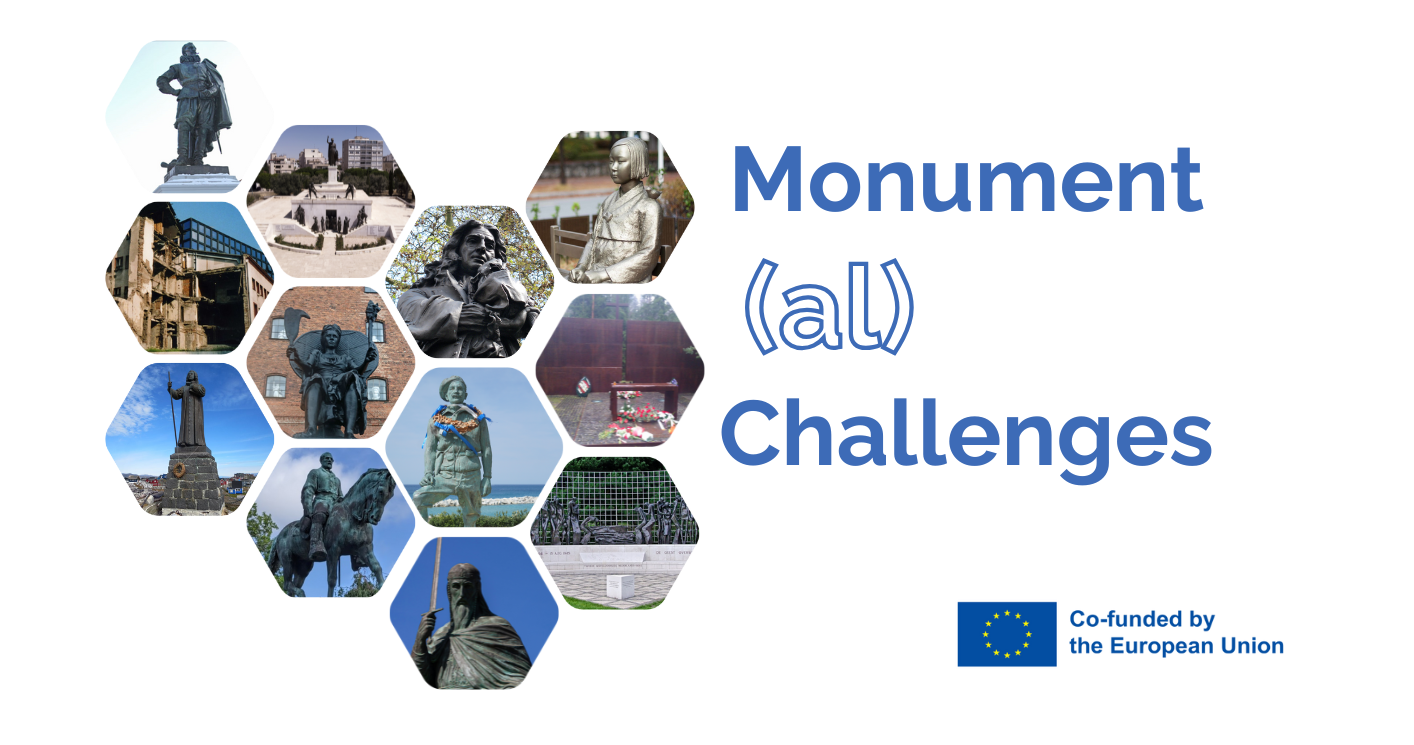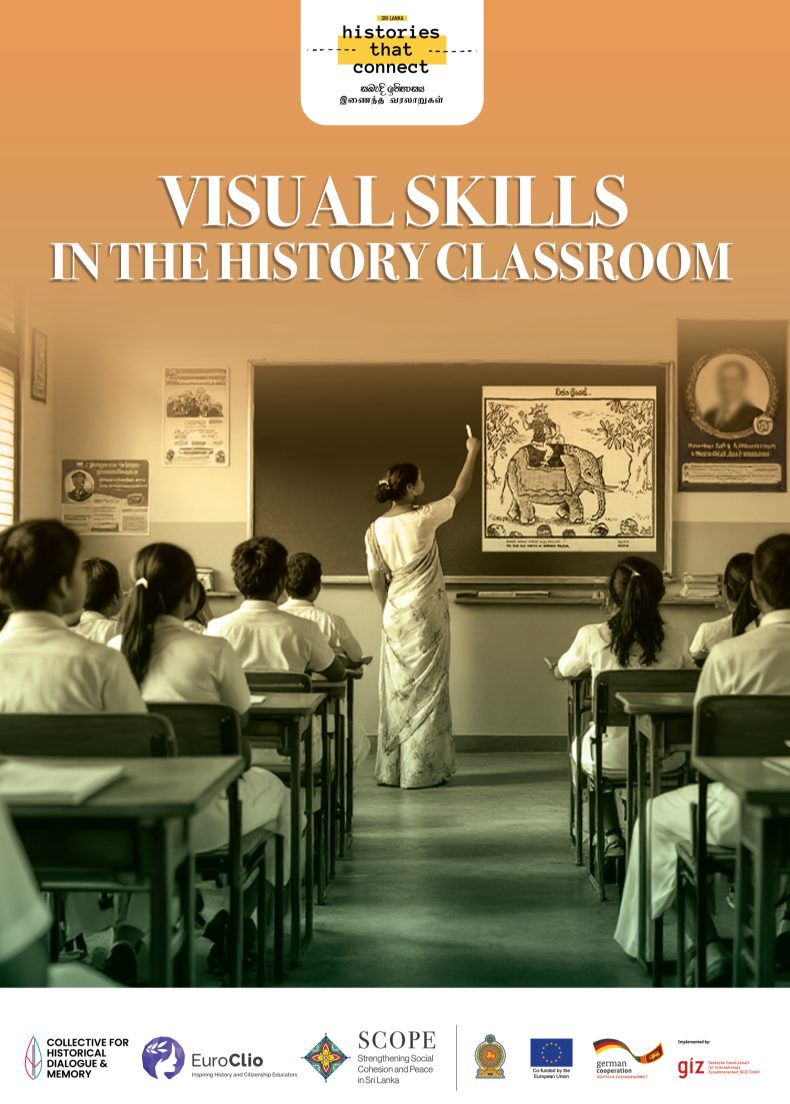The purpose of the policy recommendations was to formulate concrete steps that may be undertaken at national levels of curriculum development in history and citizenship education in order to make this education accessible for all kinds of students. The target group were those people in each country that were able to influence the educational system. The recommendations were based on the selection of existing resources, the needs assessment, documented practices and the lessons learned in developing educational resources in the project and during the project meetings. To enhance the practical impact of the recommendations, they have been written in English and Dutch and then translated into 22 national languages. On the one hand, this implied that they had to be concise and purposeful. On the other hand, they had to be general enough to be adaptable to multiple national education contexts. We assume that teaching and learning history and citizenship are characterized by specific difficulties which stand out among the difficulties and obstacles to learning that education in general involves. This means that policy recommendations had to be:
- Clear cut and concrete, to be able to result in measures that could be implemented without further elaborations or development programs.
- Generic enough to be applicable to a multiplicity of different national contexts.
- Specific to obstacles that we identify as teaching and learning problems connected with history and citizenship specifically, and not obstacles to teaching and learning in general.
Download the policy recommendations in your own language:



